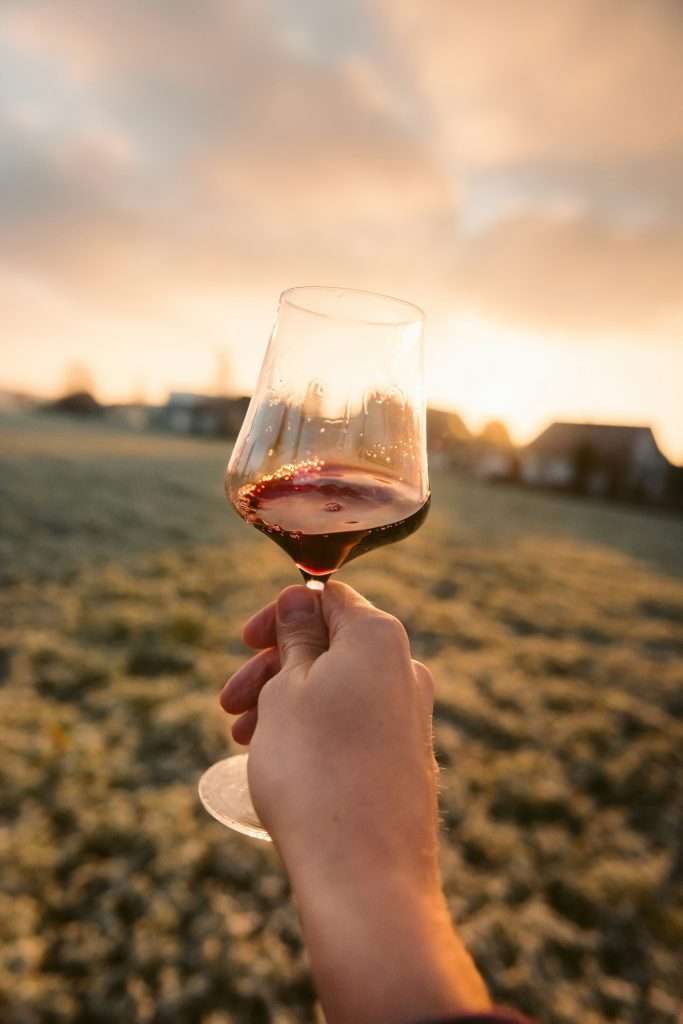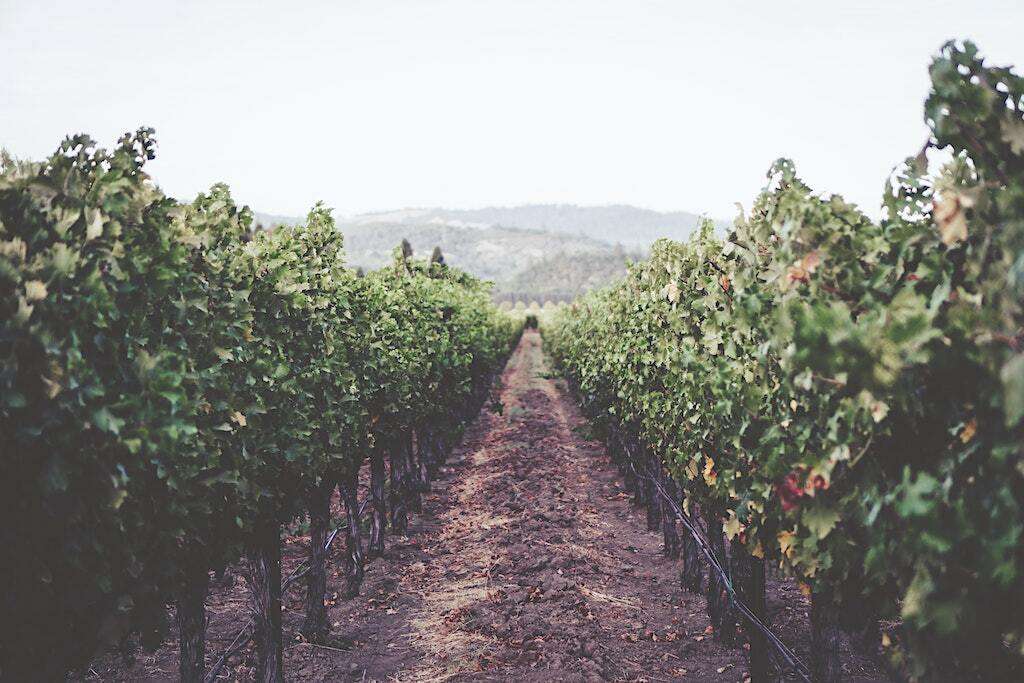A new map shows significant threats to key wine-producing regions across the globe as the planet warms. But other research shows some wine grapes may improve in flavor as a result of climate change.
Researchers have identified significant shifts in the viability of traditional and potential new wine-growing regions. Analyzing more than 250 scientific publications from the past two decades, the team has unveiled how variations in temperature, precipitation, and other climatic factors are poised to redefine the geographic landscape of wine cultivation. The findings are published in the journal Nature Reviews Earth & Environment and shed light on the dual nature of climate change, highlighting regions that stand to gain or lose from these environmental shifts.
Climate impact on wine-growing regions
At the heart of the study’s findings is the revelation that climate change is accelerating the ripening of grapes, with vineyards now beginning their harvests two to three weeks earlier than 40 years ago. This shift is not without consequence; it affects the acidity, alcohol content, and aromatic profiles of wines, potentially altering their characteristic tastes. The study starkly outlines the challenges and opportunities that lie ahead, noting that a global temperature rise beyond 2°C could render 90 percent of all traditional winegrowing areas in regions such as Spain, Italy, Greece, and southern California unsuitable for producing high-quality wines under economically sustainable conditions by century’s end.

Conversely, regions in northern France, Washington, Oregon, British Columbia, and Tasmania could see improved conditions for quality wine production — at least in the short term. The study also suggests the emergence of new wine regions in Belgium, the Netherlands, and Denmark as a result of rising temperatures. However, the adaptation to these changes is complex, involving the selection of drought-resistant grape varieties, adjustments in vineyard management to conserve soil water, and local strategies to maintain economic viability.
Highlighting the significance of the 2°C global warming threshold, the research underscores the urgency of adopting adaptation strategies to safeguard the future of wine production. It points out the looming threats of new diseases, pests, and increased frequency of extreme weather events, emphasizing the necessity for the wine industry to evolve in response to climate change.
Climate change is causing better-tasting wine
Another recent study highlighted that global warming might also be enhancing the taste of wines produced in the Bordeaux region of France — the wine capital of the world. Conducted over a span of 70 years, the research scrutinizes wine critic scores alongside detailed weather data, revealing an upward trend in the quality of Bordeaux wines. This improvement correlates with warmer, drier summers and cooler, wetter winters — conditions anticipated to become more common due to climate change.
The study, published in the journal iScience, analyzed Bordeaux wines from 1950 to 2020, focusing on 19 specific appellations d’origine contrôlée (AOCs), each a designated region known for its unique wine production methods and characteristics. By examining the relationship between wine quality and various weather factors such as season length, temperature, and precipitation, researchers uncovered that the highest-rated wines originated from years characterized by earlier and shorter growing seasons, a pattern expected to persist as global temperatures rise.

Andrew Wood, a climate scientist at Oxford University and the study’s lead author, expressed his astonishment at discovering that increased rainfall during the dormant winter season positively influenced the following year’s wine quality. This insight challenges the traditional emphasis on growing-season weather conditions, suggesting that winter rainfall contributes to a healthier soil water balance, thereby enhancing grape quality. “Healthy vines make better grapes,” Wood said, underscoring the integral connection between vineyard health and wine excellence.
This quality uptick, however, might not solely be attributed to climate change. The researchers acknowledge that advancements in winemaking technology and evolving critics’ tastes could also play roles. Nevertheless, Bordeaux’s adherence to traditional winemaking methods, such as hand-harvesting grapes, minimizes the potential impact of technological advancements on the study’s findings. Moreover, despite the subjective nature of wine critique, the consensus among scores from renowned publications like Wine Spectator and Hachette Wine Guide lends credence to the study’s conclusions.
As Bordeaux winemakers predominantly rely on natural rainfall rather than irrigation, the study highlights a direct link between climate variations and wine productivity, presenting a silver lining in the often dark cloud of climate change discussions. Yet, this phenomenon underscores the complex and multifaceted effects of global warming on agriculture, prompting further research into adaptive strategies for maintaining crop quality in changing climates.
Related on Ethos:


